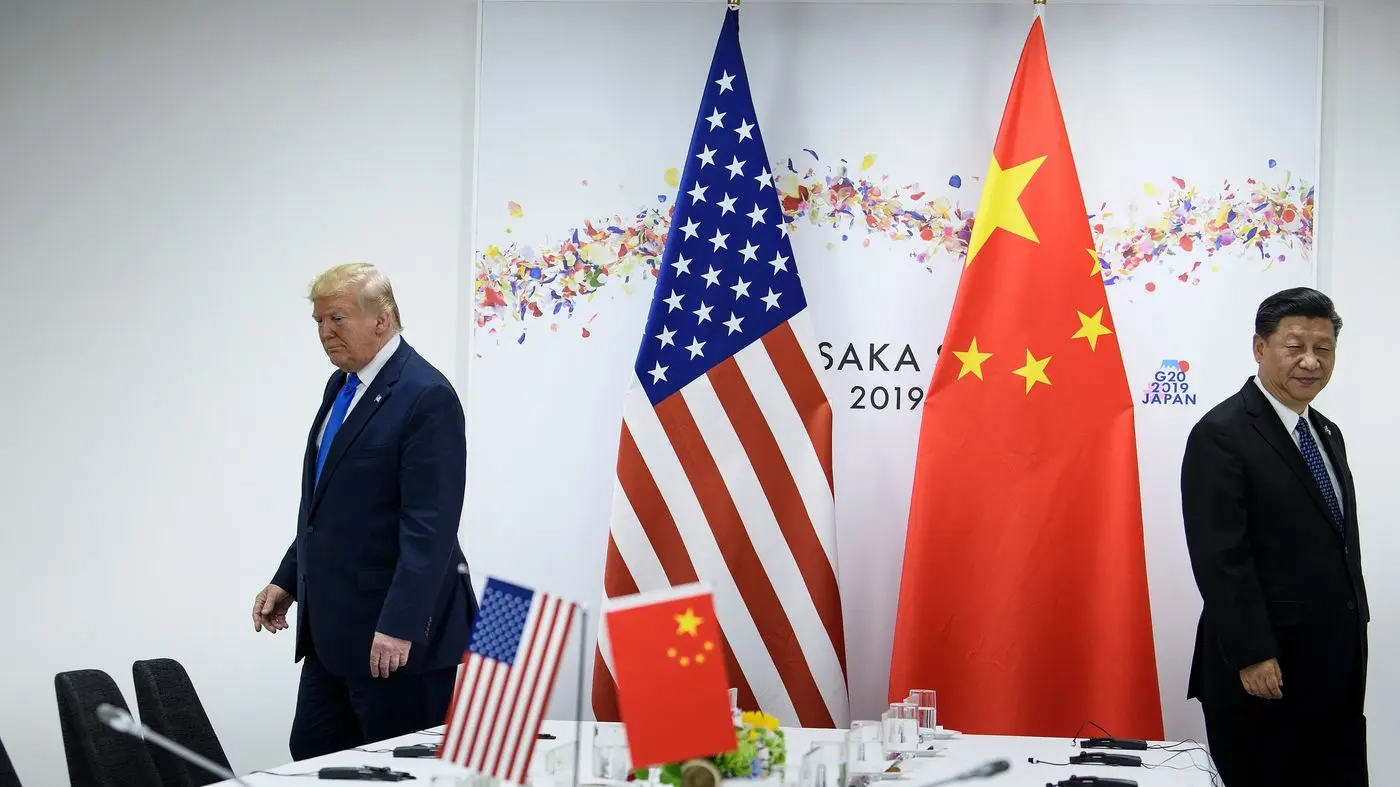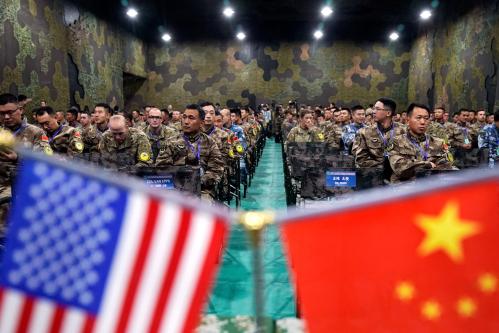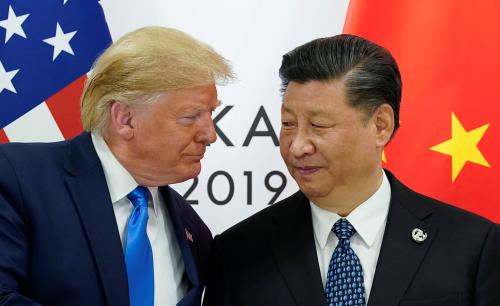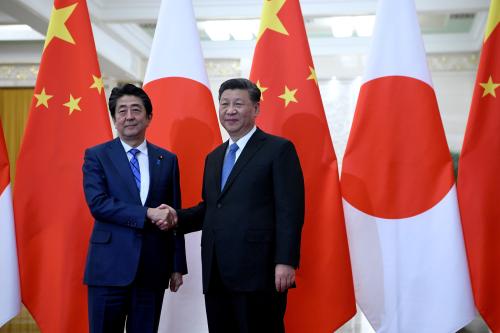Executive Summary
This policy brief invokes the standards of ancient Greek drama to analyze the COVID-19 pandemic as a potential tragedy in U.S.-China relations and a potential tragedy for the world. The nature of the two countries’ political realities in 2020 have led to initial mismanagement of the crisis on both sides of the Pacific. And the interactions between the two sides, and with other actors, such as the World Health Organization, have so far squandered historic opportunities for cooperation to tackle a common threat. The finger pointing and politically driven accusations between the worlds’ two leading powers — and between the Republican and Democratic parties in the United States — might have catastrophic results, particularly when the virus spreads to the world’s most impoverished nations.
The brief calls for a ceasefire between Beijing and Washington on criticism of the two countries’ initial responses to the SARS-CoV-2 virus, accompanied by a commitment to an eventual international investigation of what went wrong in all countries during the early phases of the pandemic. The brief concludes with six areas in which the United States and China should seek cooperation: to share best practices to stem the further spread of the coronavirus; to develop effective vaccines at the earliest possible date; to prepare in advance for mass manufacturing and global distribution of vaccines that are developed; to assist the neediest countries in fighting the disease; to manage debt crises and combat famines in the developing world that might result from the pandemic; and to preserve global trade by privileging diversification of supply chains and national strategic reserves over economic nationalism and less efficient forms of production.
The Brookings Institution is committed to quality, independence, and impact.
We are supported by a diverse array of funders. In line with our values and policies, each Brookings publication represents the sole views of its author(s).







